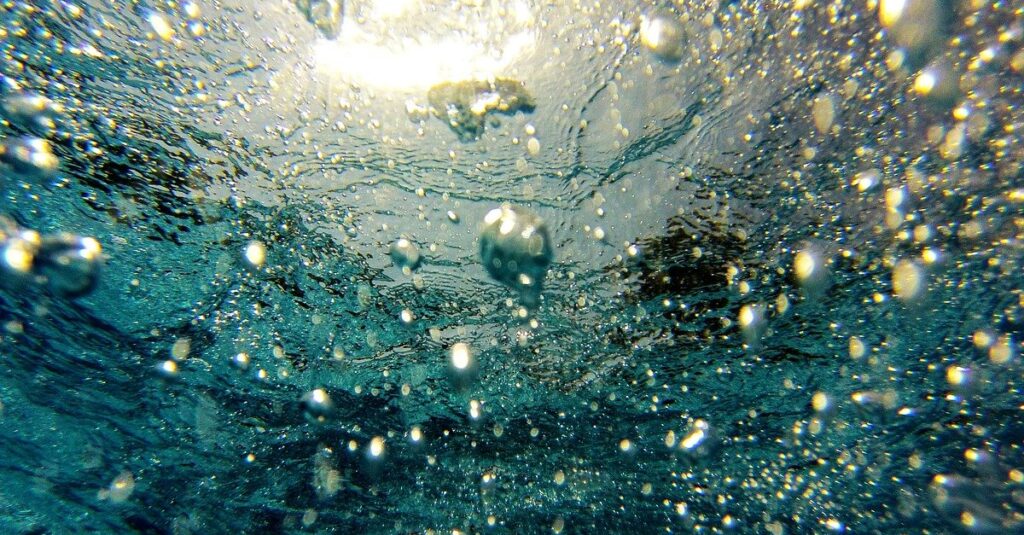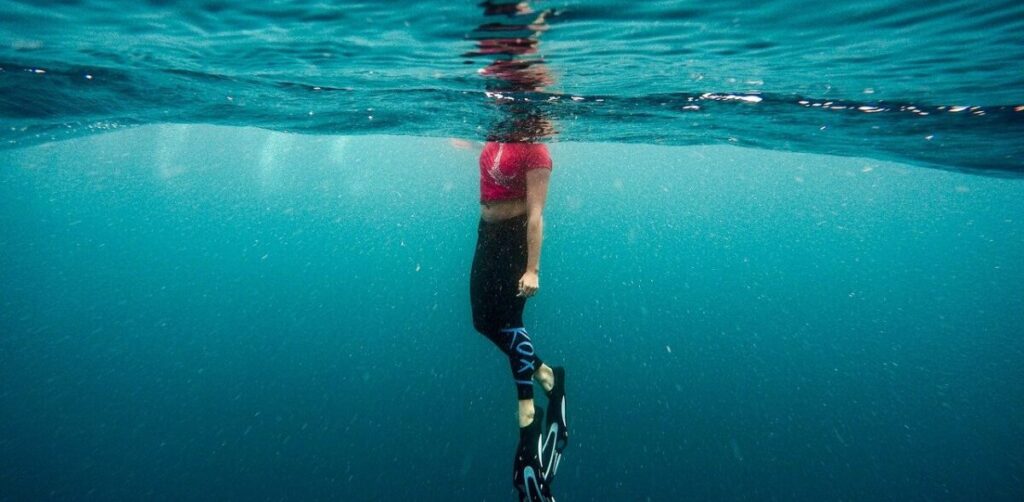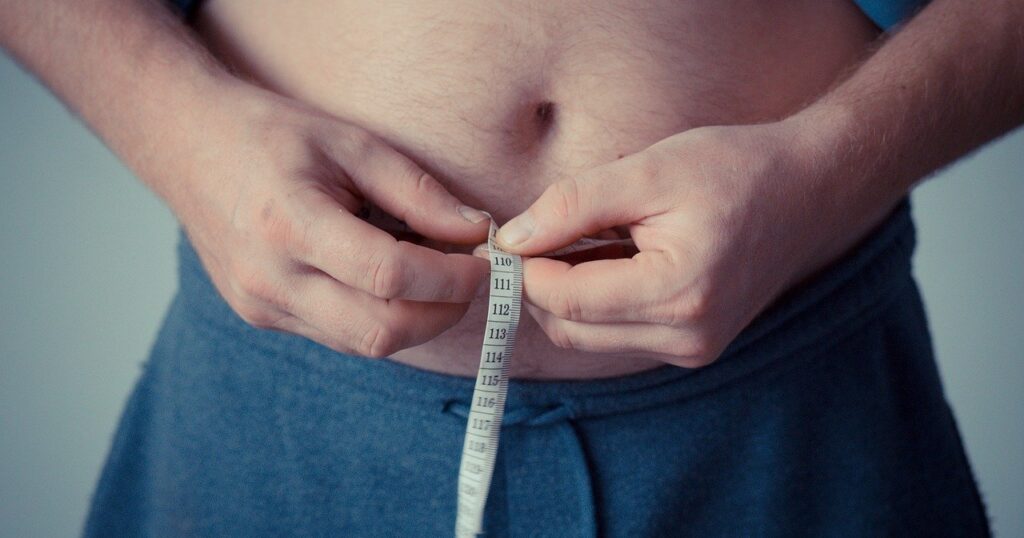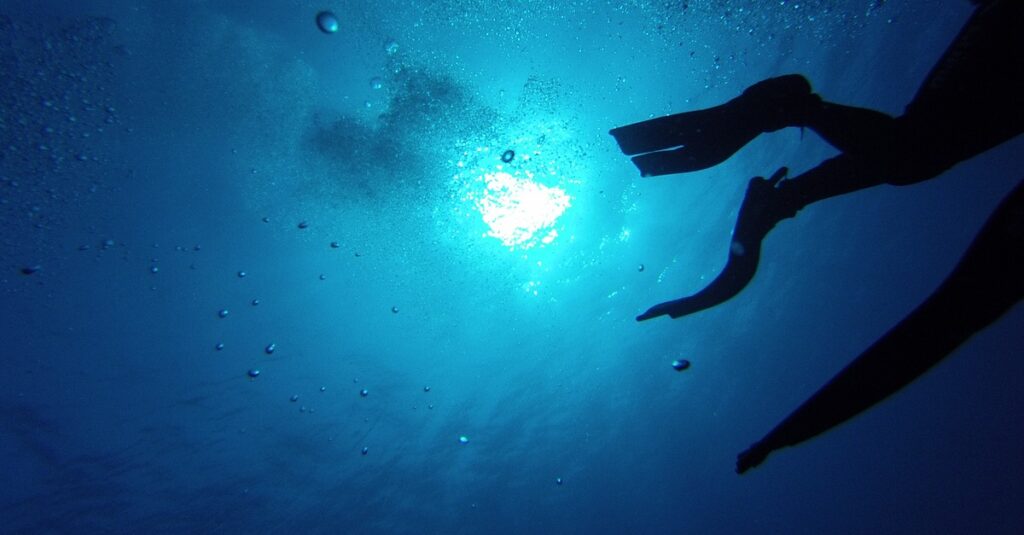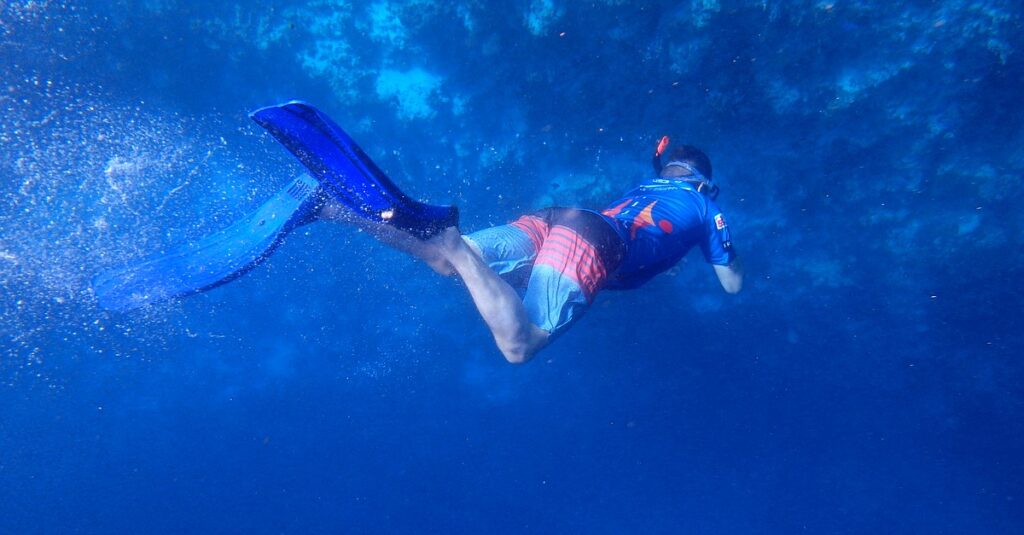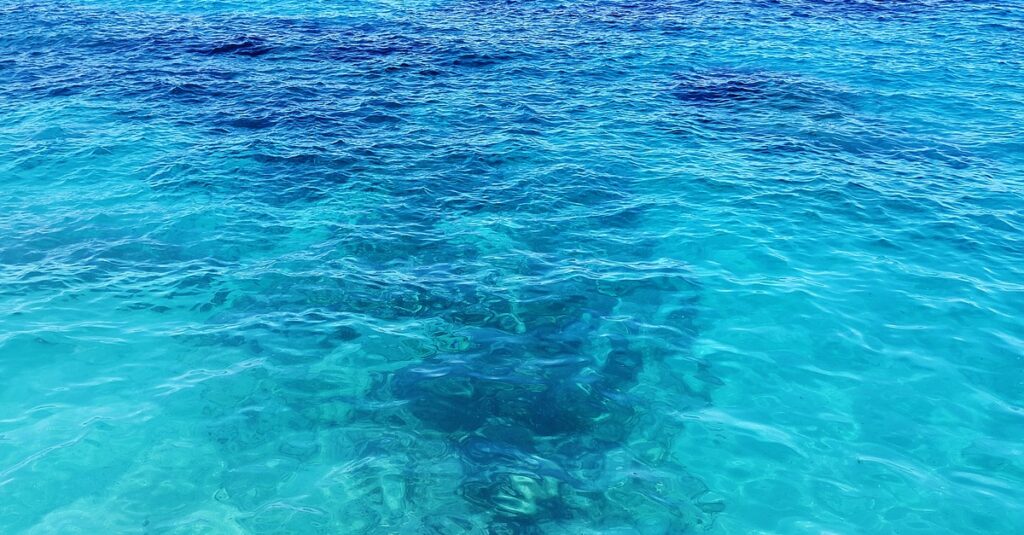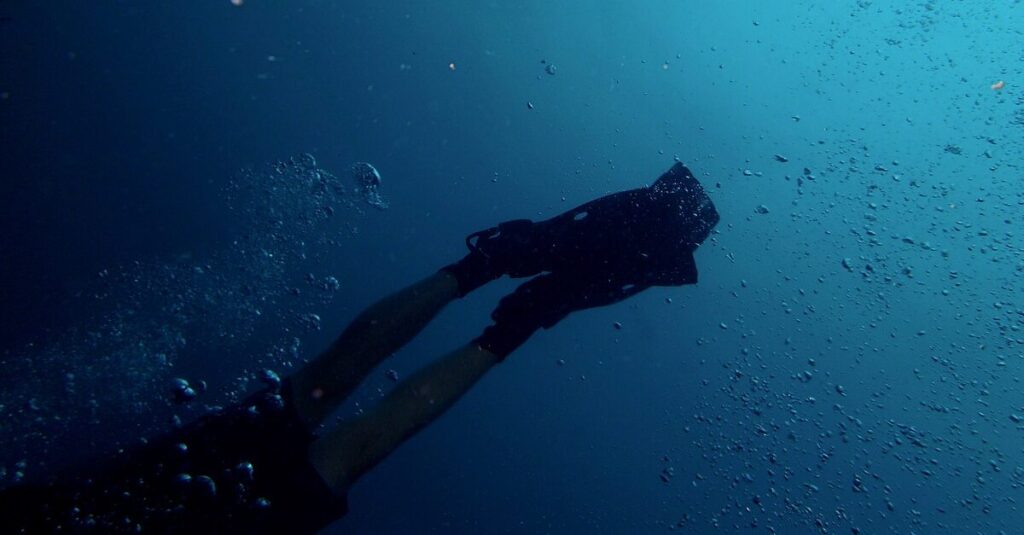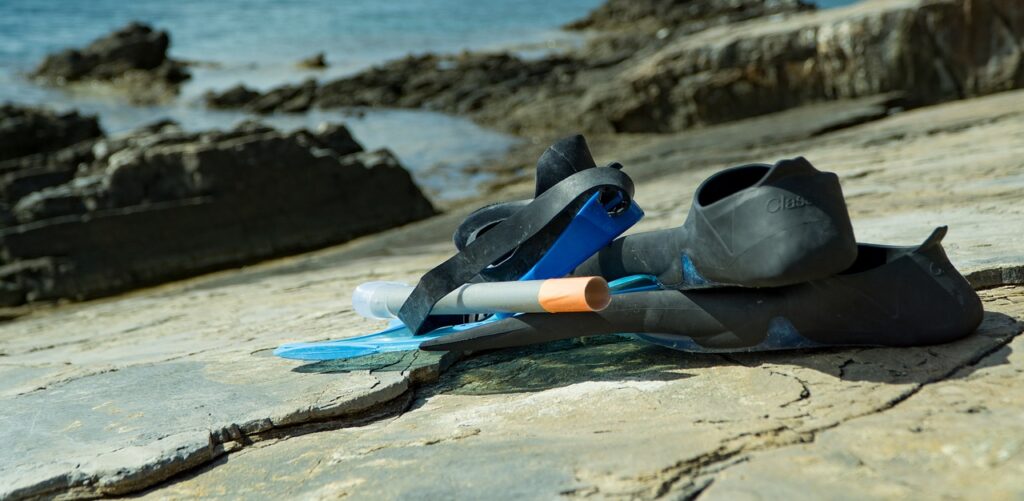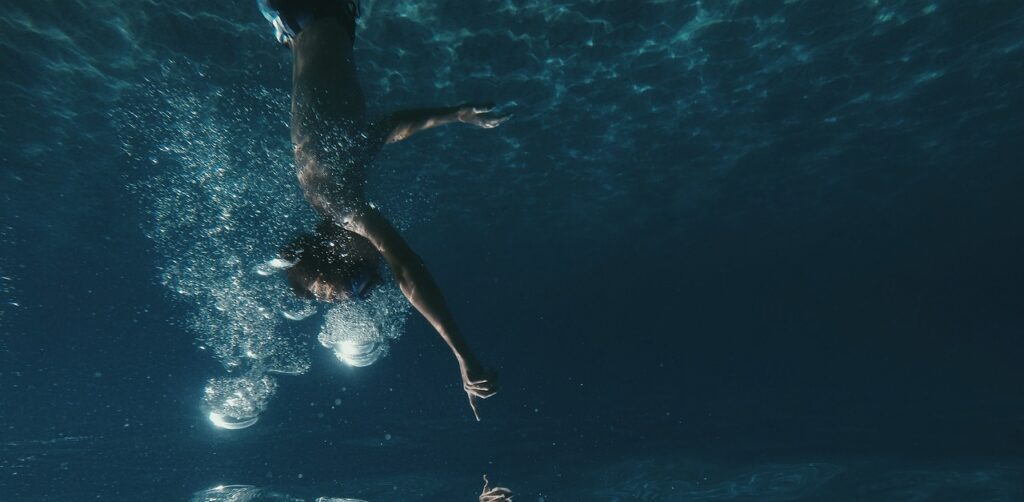Can You Get The Bends From Freediving?
Freediving can be an extremely safe sport if participants learn and follow safety guidance, including measures to lower the risks of DCS. You should always exercise care while freediving and remain within your competence for length and depth of dive, gradually increasing these as your skill and physical capacity grow. You can get “the bends”, …

